In 2025, Bitcoin has transcended its origins as a niche investment, emerging as a powerful geopolitical asset. Governments and central banks from Washington to Zurich are actively discussing its potential role in national reserves, seeing it as a challenger to traditional reserve assets such as gold and the U.S. dollar. Bitcoin's limited supply, decentralization, and growing adoption have positioned it as a force capable of reshaping the global monetary order.
Under the Trump administration, the U.S. government's stance on Bitcoin has undergone a significant transformation. Once skeptical, President-elect Donald Trump has expressed strong support for Bitcoin as a strategic asset. Plans for the creation of a U.S. Bitcoin reserve to bolster economic stability have been outlined, signaling a shift in how the administration views the cryptocurrency. Advocates within Congress, including Senator Cynthia Lummis, argue that Bitcoin’s finite supply makes it an ideal hedge against inflation and a weakening dollar. Although skeptics remain, the momentum behind this proposal is undeniable.
Switzerland, renowned for its neutrality and financial acumen, is considering a similar move. The Swiss National Bank is exploring the possibility of adding Bitcoin to its reserves alongside gold. A public referendum may soon make Switzerland the first nation to officially adopt Bitcoin as a reserve asset. This initiative aligns with Switzerland's tradition of innovation and financial independence, setting a potential precedent for other nations.
The growing interest in Bitcoin by governments has led to what some describe as "The Domino Effect." Once one nation adopts Bitcoin, others may feel compelled to follow suit to avoid being left behind in an increasingly digitized financial landscape. This "fear of missing out" is no longer confined to retail investors but has become a powerful motivator for governments as well. Early adopters of Bitcoin stand to gain a strategic edge, solidifying their positions in a transforming global financial system.
This competitive dynamic mirrors the nuclear arms race of the 20th century in its intensity and implications. While Bitcoin lacks the destructive potential of nuclear weapons, the stakes remain high: countries that fail to act risk being sidelined as Bitcoin becomes ingrained in the global financial system. Those who hesitate could find themselves at an economic disadvantage, unable to leverage the advantages of decentralized digital reserves.
The interest in Bitcoin extends beyond the United States and Switzerland. Countries like Germany, Hong Kong, Russia, Brazil, and Poland are exploring its potential as a strategic asset, each driven by unique economic and political motivations. In Germany, former Finance Minister Christian Lindner has advocated for the European Central Bank and the Bundesbank to consider Bitcoin as a means to reduce reliance on the U.S. dollar. Similarly, Hong Kong legislator Wu Jiezhuang has called for Bitcoin's integration into the city’s financial reserves, emphasizing its potential to enhance economic resilience and stability. Wu has noted that smaller nations and some U.S. states have already diversified their reserves with Bitcoin, suggesting a growing trend toward its adoption.
Russia has also begun incorporating Bitcoin and other digital currencies into its international transactions, aiming to bypass Western sanctions and reduce dependence on the dollar. Russian companies have started utilizing domestically mined Bitcoin for foreign trade, and President Vladimir Putin has expressed support for digital currencies as alternatives to the traditional financial system. This move demonstrates Russia's effort to diversify its financial strategies and regain economic autonomy in a volatile global environment.
In South America, Brazil has launched the Sovereign Strategic Bitcoin Reserve (RESBit), a bold initiative to allocate a portion of its international reserves to Bitcoin. Brazil hopes to position itself as a leader in financial innovation, diversifying its reserves while enhancing economic independence. Meanwhile, Poland is considering the establishment of a strategic Bitcoin reserve to strengthen its digital finance sector. Presidential candidate Sławomir Mentzen has proposed transforming Poland into a hub for Bitcoin by implementing favorable regulations, low taxes, and strong collaboration with banks and regulators.
Bitcoin’s significance extends beyond its role as a financial asset; it symbolizes freedom and decentralization. Its adoption by nation-states reflects a commitment to innovation and independence, challenging even authoritarian regimes to embrace its principles. As central banks face mounting pressures from inflation and debt crises, Bitcoin’s appeal as a reserve asset continues to grow. Although the Bank for International Settlements has imposed limits on crypto exposure, demand for decentralized reserves remains strong.
The Trump administration, Switzerland, and other nations exploring Bitcoin reserves are laying the groundwork for a new financial framework. The race is on, and those who act swiftly may gain a lasting advantage. Governments hesitant to adopt Bitcoin risk being left behind in a world where Bitcoin increasingly sets the rules. This dynamic underscores the need for nations to seek alternative pathways to economic independence, moving away from complex and contentious traditional financial tools.
As of 2025, the question is no longer whether Bitcoin will be part of national reserves or shape global geopolitics. Instead, the focus has shifted to understanding how much of a central role it will play in future economic strategies. Bitcoin has become more than an economic instrument; it is a symbol of progress, sovereignty, and the transformation of the global financial system. For those willing to embrace it, the opportunities are vast. For those who resist, the cost may be irrelevance in a rapidly evolving monetary landscape.
- Susie Violet Ward, Forbes
[link] [comments]

You can get bonuses upto $100 FREE BONUS when you:
💰 Install these recommended apps:
💲 SocialGood - 100% Crypto Back on Everyday Shopping
💲 xPortal - The DeFi For The Next Billion
💲 CryptoTab Browser - Lightweight, fast, and ready to mine!
💰 Register on these recommended exchanges:
🟡 Binance🟡 Bitfinex🟡 Bitmart🟡 Bittrex🟡 Bitget
🟡 CoinEx🟡 Crypto.com🟡 Gate.io🟡 Huobi🟡 Kucoin.


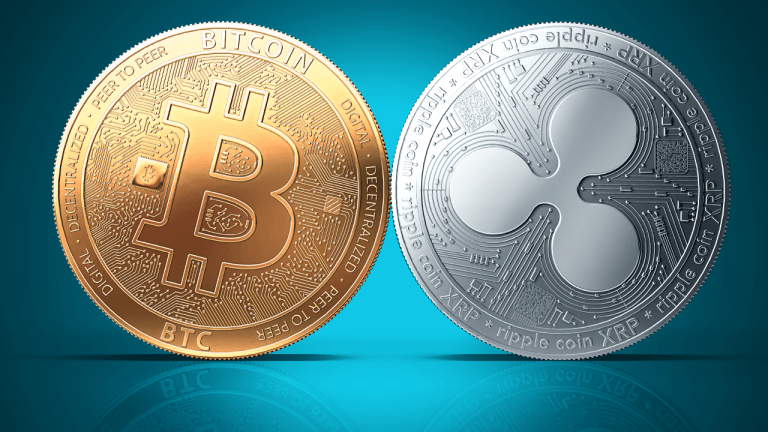
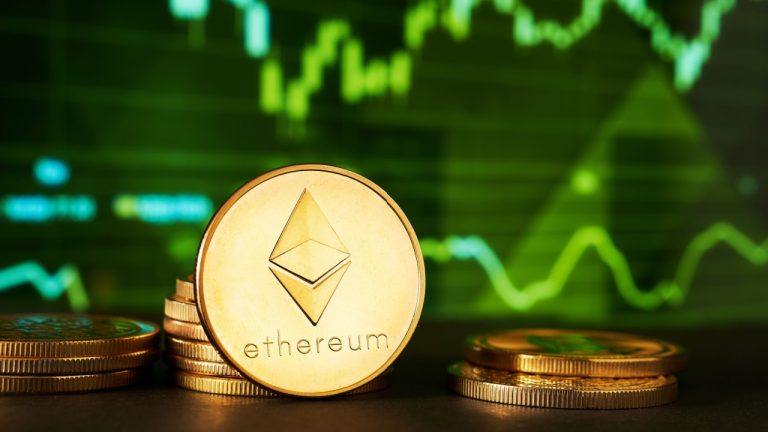
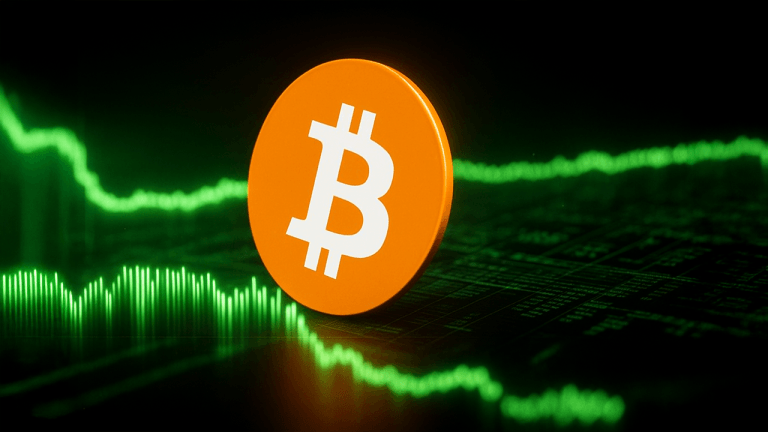
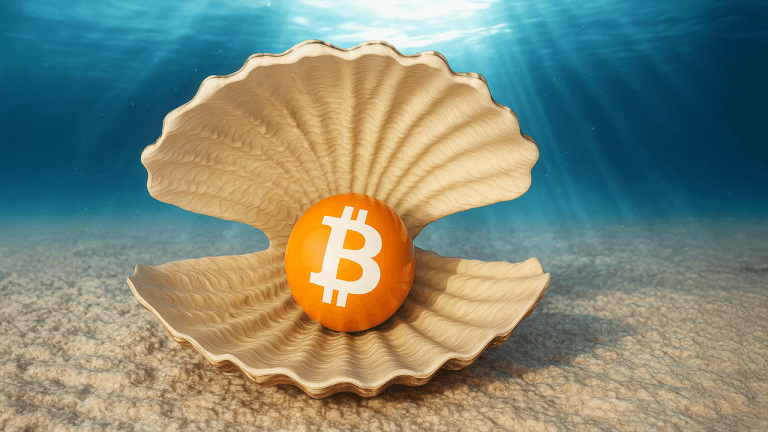
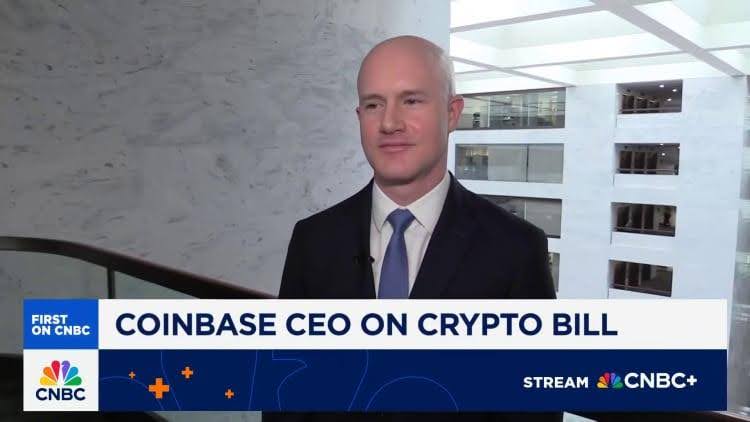



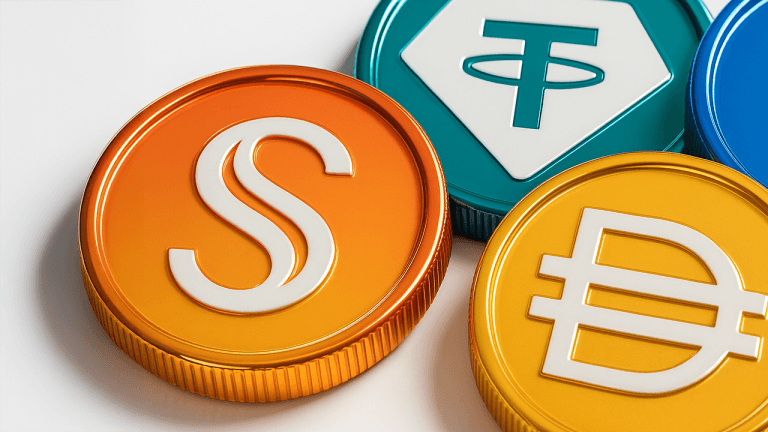
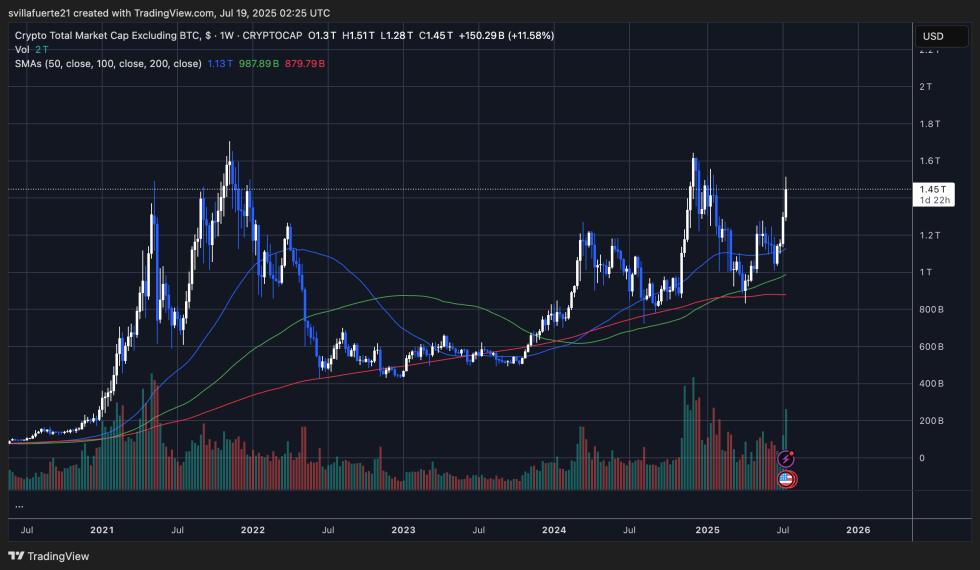
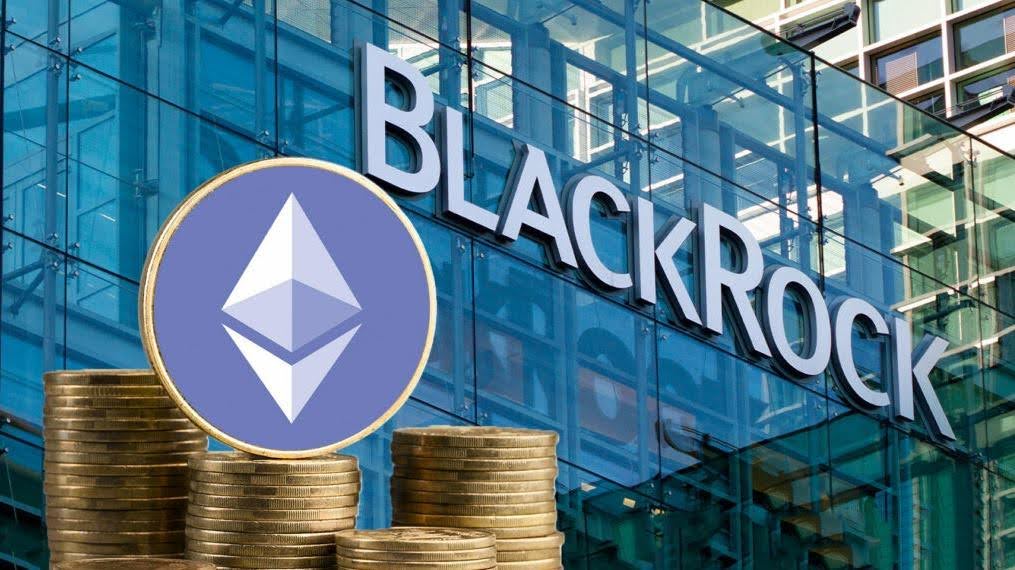
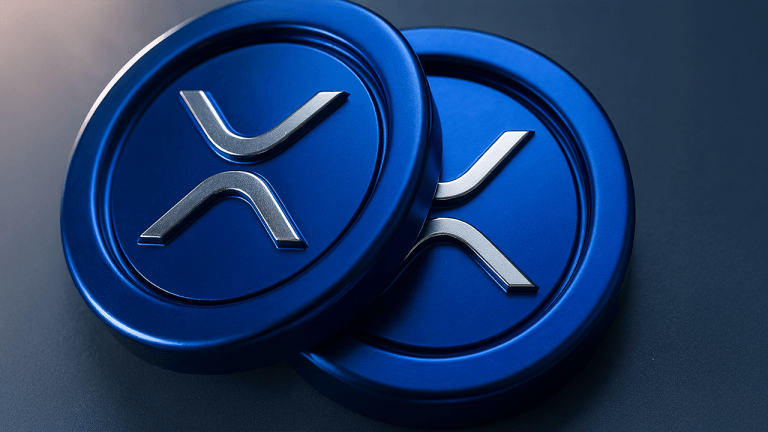
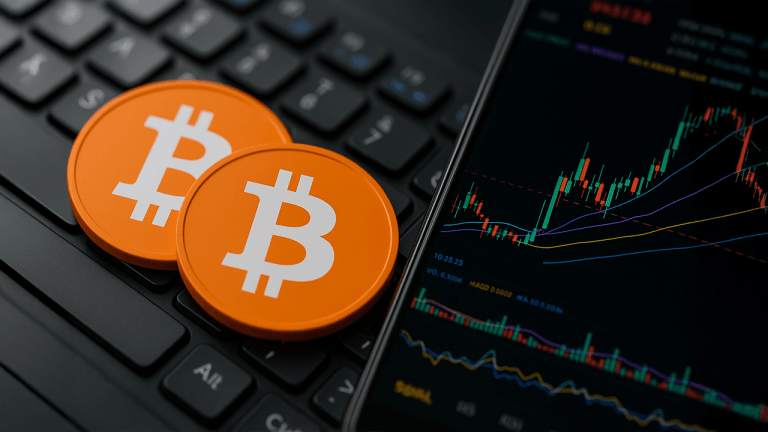

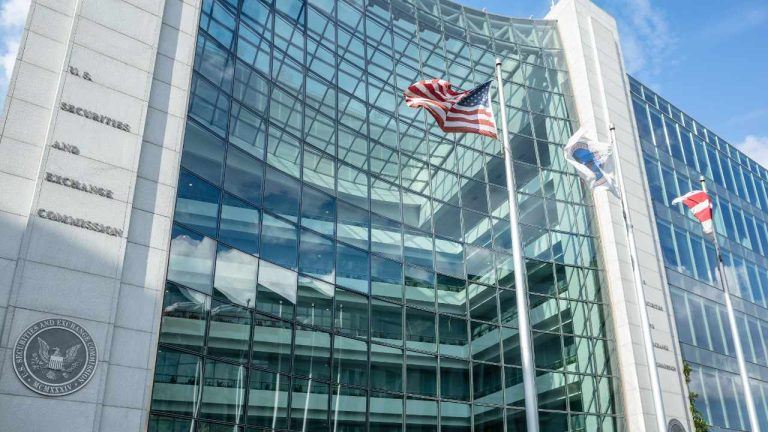


Comments